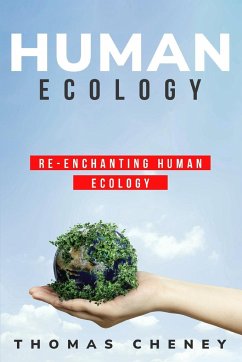The present historical conjuncture is increasingly being understood as one of ecological crisis. Atmospheric carbon continues to climb to dangerously high levels, spurring unpredictable and devastating changes in the global climate. The oceans are both rising and acidifying, resulting in the displacement of people and the extinction of marine life. Natural resources and wilderness areas are in significant decline. In only a few generations, the planet may no longer be able to sustain human life. The well established scientific consensus, of course, is that these phenomena are anthropogenic. It seems cruelly paradoxical that humans are inflicting the ecological damage that could very well lead to their own demise as a species, as well as significant disruptions to non-human nature. Yet, it is not humans, per se, who are the chief perpetrators of the ecological crisis. Rather, it is humans acting within the totalizing logic that is modern capitalism. Ecologically-minded critical scholars have for some time directed their 1 attention to the connection between the capitalist system of production and environmental degradation. Increasingly, even mainstream thinkers are exposing this relationship (see Klein 2014). While avoiding vulgar Marxist formulations concerning socio-political determination by the economic base, the present argument does take seriously the historical materialist insistence that real empirical conditions of existence - production and consumption carried out by individuals in the context of determinate social relations - exert an important causal influence.








